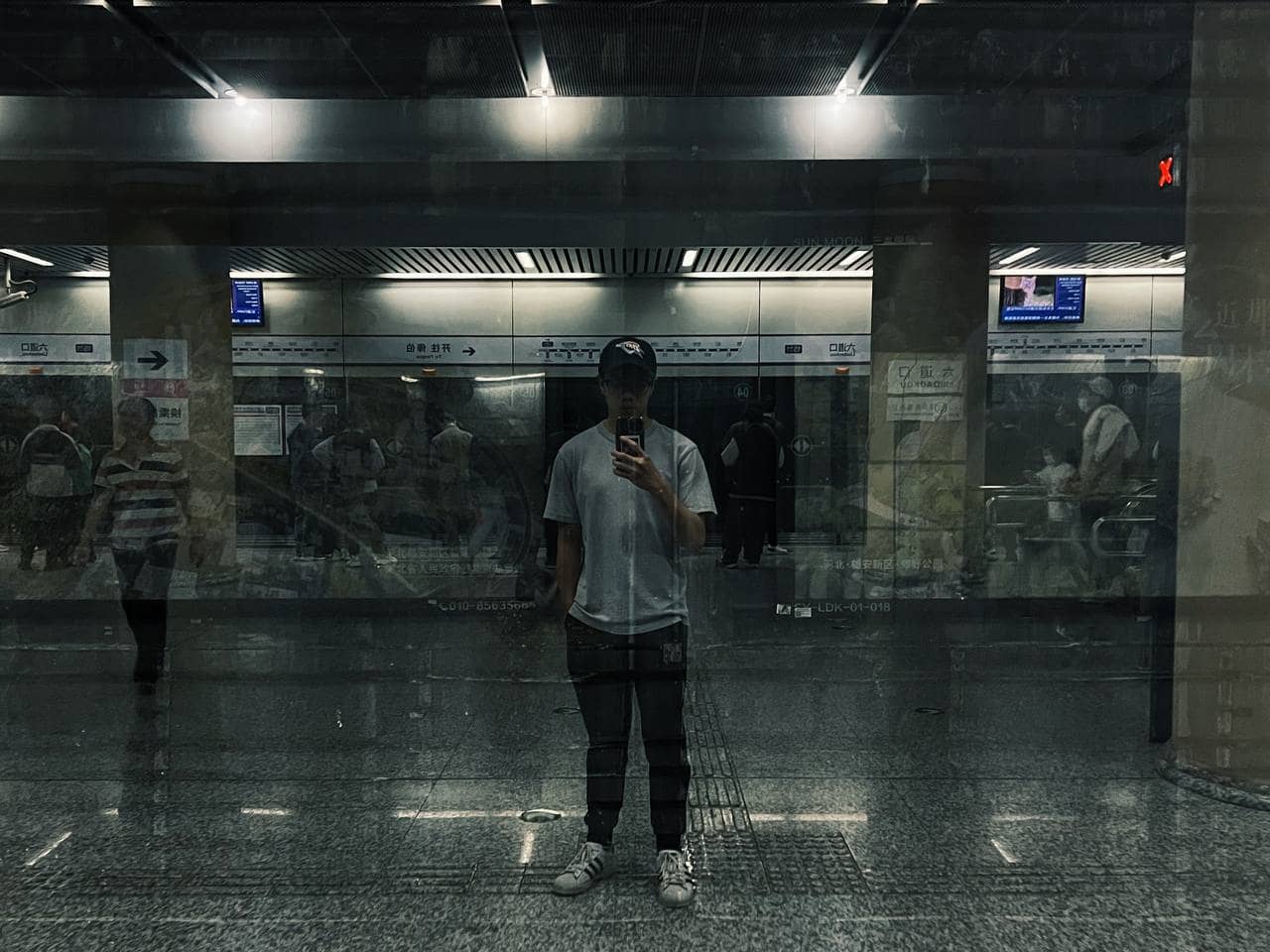On worst days I count the number of people I’ve let down so far. On the best ones, I remember all the ones I’ve made proud. How much do we really owe the people we think we do? At the same time, how many people have contributed to get us where we are now? I’m careful not to drown in these thoughts. I jump in but I also remember to rise above and breathe.
On the worst days, I believe that I’m lagging behind, that I’m too old to be in school, that I should’ve done more, and that I should be doing more—bigger in scale, wider in reach. “Is this the best you can do?” that voice intrudes. On the best days, I’m right on pace, the timing is perfect and I’m exactly where I’m supposed to be.
Much of it comes down to perspective, as it usually does. On my worst days, it helps to remember that life is short or long depending on how far or near we’re looking. 6 AM is early, while 9 AM is late. But 9 AM is still early in the context of an entire day. 9 PM is even later, but 9 PM on a Monday is early in the week. And so it goes.
On the worst days, I think nobody cares about me. On the best ones, I ask myself, “Who cares?” to which I would reply, “No one. And thank God for that.” As much as our significance to other people provides comfort when we feel most unworthy, so does our smallness. So does the inconsequentiality of our actions. How liberating.
Sometimes I think of the lives of people I don’t personally know but look up to as if I do. Donald Glover, Rick Rubin, Ryan Holiday, Casey Neistat. I wonder how much of my life resembles theirs. I wonder if comparing is even slightly helpful. Maybe I need new role models, or maybe I need only look inwards.
On the worst days, I write while thinking of all the people who might read my thoughts. I think of what they might think. I think of how I might be judged. On the best days, I forget that I even share any of these online. On those holy days, I just write to think and think to write, and in these stolen moments of reflection, the world makes some sense.
About 8 years ago, I watched that TED talk about the longest longitudinal study on happiness. Relationships, the speaker said, was the ultimate measure of a good and satisfying life. Deep, solid, meaningful relationships. I remember hearing this for the first time and promising myself to put my relationships above everything.
And then three years ago, in the middle of all the lockdowns, friends began sharing an article about how the pandemic has filtered our friendships. It was entitled “The pandemic is showing us which friends are worth keeping.” I hated it. And for a while, I couldn’t understand why any of my friends would agree to it, let alone share it.
I get it now, though. I think I always have, but never really understood it enough to take responsibility. The relationships we don’t water with our time soon wither. While some relationships have taken root and have gone deep, others die out.
Aristotle’s (or for the swifties out there, Taylor Swift’s) “a friend to all is a friend to none” has always felt like an attack for me. I feel that I have so much love and support and camaraderie and empathy to give, why can’t I be friends with everyone? Time, I now understand, is why. All the love in the world can’t make us live forever. It’s a case of quality versus quantity, but is it too selfish to want both? Maybe it’s possible. Maybe I’m being naive. Maybe we have to live it to find out.
On the worst days, my past and future haunt me from both ends of the timeline. On the better days, my mind is right where my body is. On these days, the ube buchi balls in the cafeteria are much tastier, the music coming out of my earphones is much crisper, and the rest of the world seems to sing along to the beat of my steps.
Last weekend, I was talking to my friend David about the constant hum of anxiety that hovers at the back of my head. “I’ve dealt with this before but it keeps coming back,” I told him. As someone who seems to have done it all, and has lived multiple lives in different countries, I was expecting a series of life experiences from David but instead, all I got was “Of course, man.”
“Just one problem after the next, life is like this,” he said. No stories, no fancy words of advice, not even words of encouragement, just acknowledgment of the truth in his eyes. Just company, and some space to let me be. I appreciated this. Maybe it was the fact that he is much older than me and hearing it from someone his age made more sense. Either way, I just felt normal. And on the worst days, it’s all we really need.

